
Well… Merry Christmas. The literal calendar may tell us that we still have a few days to go until Christmas… But we don’t need to be too literal… And part of the Volmoed tradition for these Thursday services is to anticipate a bit… So, let’s just go with the assumption that today is Liturgical Christmas. Christmas is set on a fairly arbitrary date anyway – so we can just arbitrarily move it to suit our needs.
Christmas is much more than just a season of joy, or peace, or goodwill toward all. It is more, even, than just the time when we remember the coming of our savior. Christmas is much more complicated – for not only is there great beauty and infinite hope in the Christmas season, but the beauty is complemented by ugliness and the hope is accompanied by sorrow. The beauty of a newborn child is accompanied by the ugliness of poverty – of being forced to stay in a barn. The hope of the savior is accompanied by the ugliness of pending crucifixion.
We heard a few minutes ago Luke’s telling of the Nativity of Christ. But there are a couple of things that make it a bit difficult for us to really hear Luke.
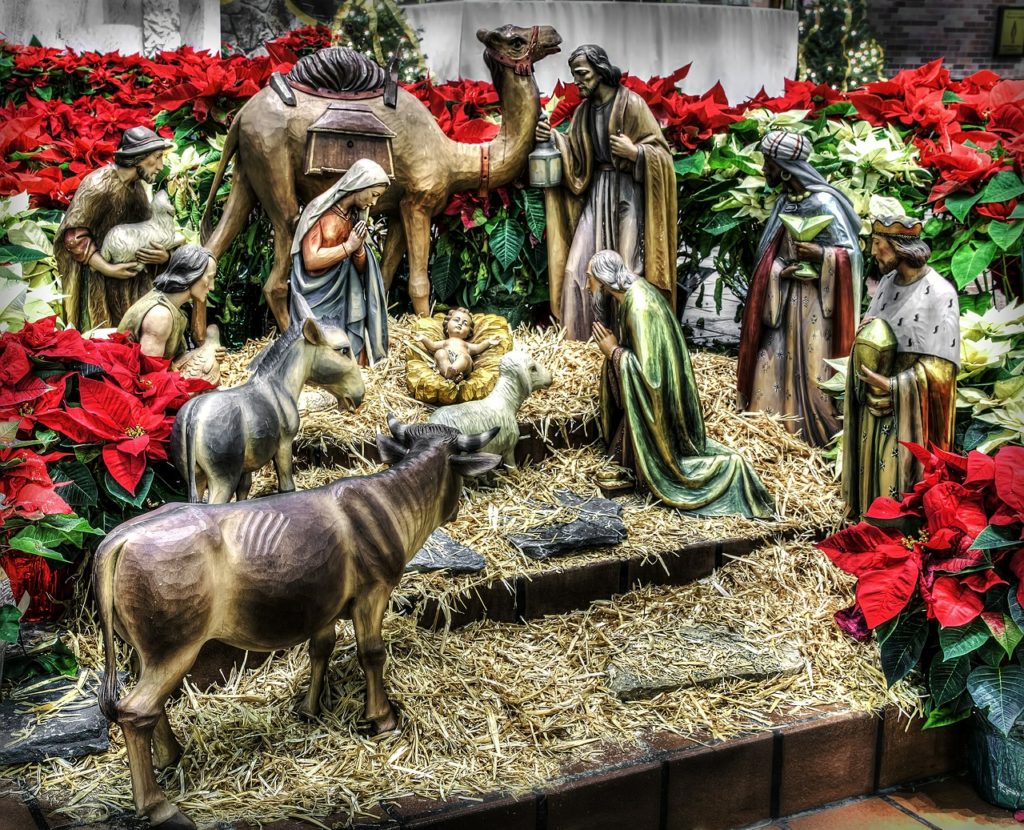
First, when we are listening to Luke, Matthew has a way of standing behind us and whispering in our ear. While Luke is telling us about shepherds, Matthew is reminding us that in a few days we can also expect Kings. But Luke never tells us about Kings – or Magi or whatever they may have been.
And it isn’t just Matthew – when I think of that night in the stable long ago it’s almost impossible for me to do so without some mystical poet like Christina Rossetti telling me what a bleak and snowy winter night it was – in the bleak midwinter long ago… though Luke gives us no weather report for that night and the reality is that Bethlehem gets little, if any snow… Bethlehem’s winter is pretty similar to the Western Cape’s winter. Christina Rosetti and so many of our Christmas poets and songs tell us about the weather in Northern Europe… not Bethlehem.
What Luke chooses to tell us, and what he chooses to leave out, is critical to hearing Luke. And what we want for now is Luke without the Greek chorus filling in details.
Second, it is hard for us in this day and age not to hear Luke as though he were a journalist. We can be lulled into thinking we’re hearing a news story. Headline: Savior Born. And then he starts filling in the details – Cesar Augustus, Quirinius. Hotels full. Savior born in barn. Animals watch. Shepherds visit. Order is restored. Film and details at eleven.
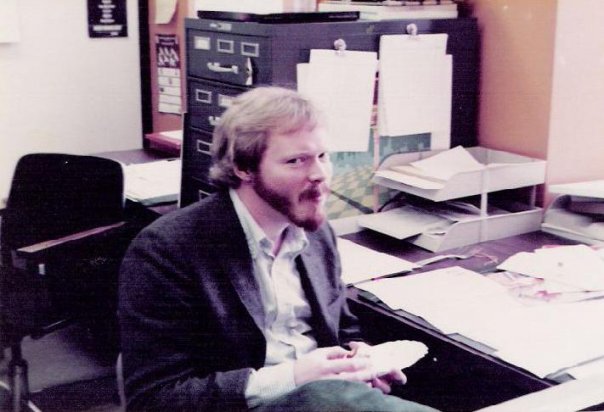
But Luke is not a journalist, and the Gospel may be good news, but it’s not a news story.
Scholars have struggled for years with Luke’s facts because, for example, this particular Cesar, Quirinius, and this particular Herod (who is mentioned just before our reading) were not all in office at the same time. There is also doubt about the census and about the need to return to your hometown for the purpose of being enrolled.
Some scholars develop rather complicated rationalizations for how Luke’s facts can be correct. Others excuse him by noting he was writing a long time after the fact and probably just confused some details.
But we’re listening for what Luke may be trying to tell us – as an evangelist, not as a journalist.
Maybe Luke is fully aware that these three leaders were not in power at the same time. Maybe Luke doesn’t care. Maybe Luke is winking just a bit as he writes. Perhaps it is the modern equivalent of saying – “it came to pass when Cyril Ramaphosa was President and Jan Smuts was Prime Minister…” Maybe Luke is telling us that it doesn’t matter who was in office – when or where.
The important thing, the thing that does matter, is that these great rulers were not at the stable in Bethlehem on the night in question. The savior of the world is made flesh and the most powerful people in the world are not on hand. The powerful people are not God’s agents in this process. They are, more or less, irrelevant… out of the picture… It doesn’t even matter if we get their names right…
So, who is there? Who is relevant? Who does matter? Joseph and Mary, and a group of shepherds.
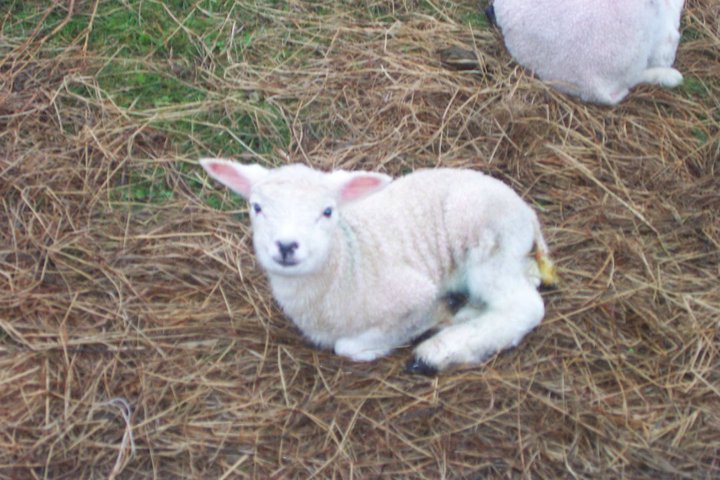
We have a very romantic view of shepherds. If we substituted something like drug-addicted homeless people, we might be getting closer to reality. Shepherds were dirty, rough, uneducated… They were desperately poor. In Jewish tradition they were, by definition, unclean. They were beyond the margin of society.
So, the savior comes. The rich and powerful are off doing rich and powerful things. But the poor and marginalized show up praising God. Already Luke is establishing the special relationship that Jesus has with the poor, the un-empowered.
Luke also tells us about the animals – or at least about their stable. Only Luke. Why is Luke telling us this?
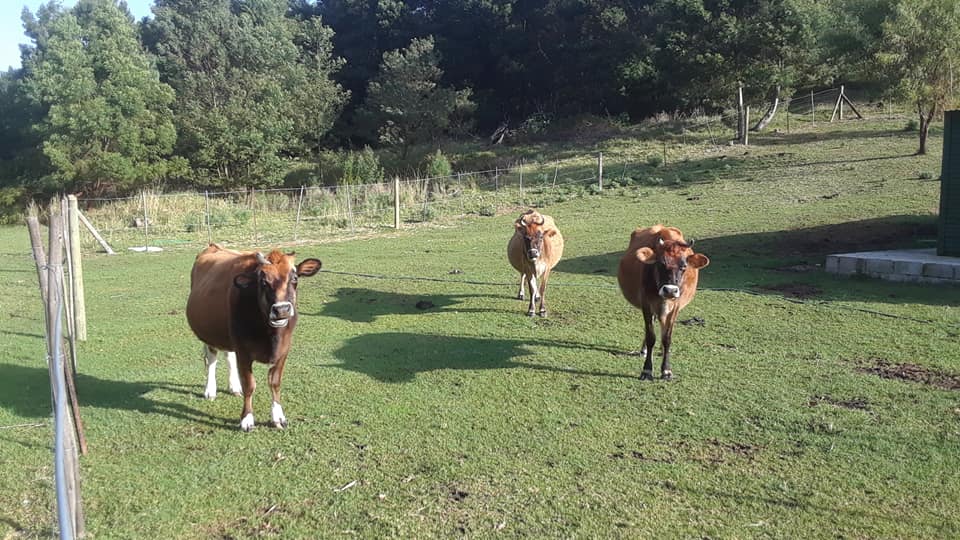
Jesus comes to bring salvation. Polite society, the good folks at the Inn, can’t even find space for Jesus – can’t make room for Jesus in their abundantly filled lives. But the animals can make room for Jesus and share their manger – literally share their table with the infant Jesus. This is table fellowship. In a sense, it is the first communion – the infant Jesus and the animals. No humans needed…
As we come to the table in just a little while, are we more like those animals, or those folks at the inn?
The animals, we need to remind ourselves, are works of God’s creation no less that are we. This is their creator, their God incarnate, no less than ours. O Magnum Mysterium et admirabile sacramentum says the ancient song – what a great mystery and sacred thing, that animals were there to watch the newborn savior lying in their manger. The animals aren’t sweet decorative set dressing. They belong – just as the shepherds belong – just as we belong.
So, what is Luke saying to us here and now as we remember the coming of Christ into the world? What sacred power does this great mystery hold?
Christ comes to us not in the midst of the rich and powerful, but in the midst of the margins. If we are looking for Presidents and Kings to lead the world to peace and justice – to lead the world to the kingdom of God, we’re looking in the wrong place. And I’d point out, to the extent that our church leaders look and act like the rich and powerful, then they will not be able to lead us to God’s Kingdom.
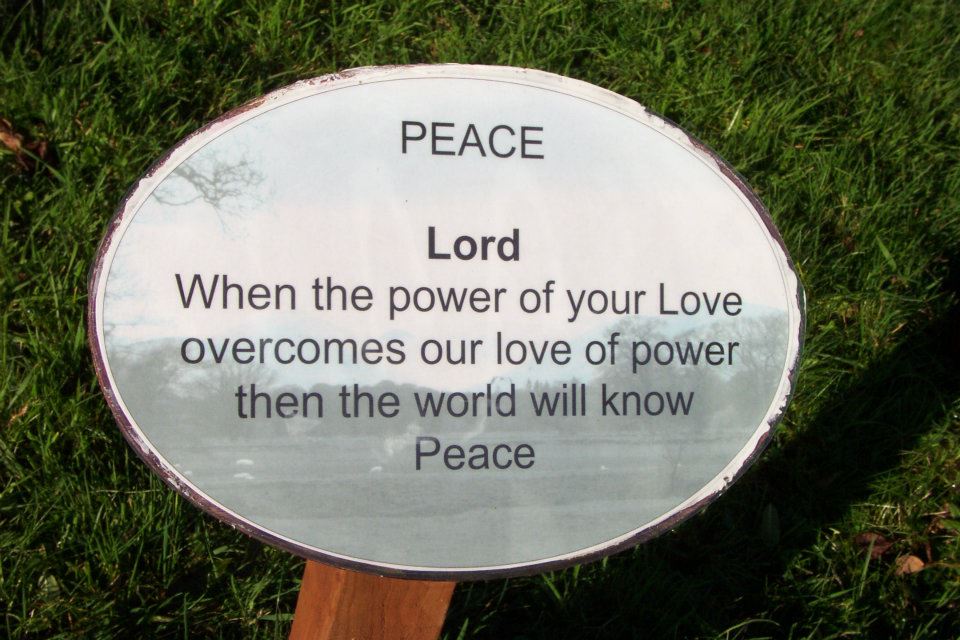
We need to look to ourselves and to the persons sitting to our left and to our right – and we need to do so in humility. Jesus comes to us in the stables of our hearts, not in the palaces of our minds. We must respond as did the shepherds.
We may not be as simple as the animals, nor as poor and marginalized as the shepherds, but we are most likely not as rich and powerful as Herod, Quirinius, or our modern-day Kings and Presidents. And, much more importantly, we are here… at the manger…
Luke’s shepherds don’t come with fabulous gifts – unlike Matthew’s Kings. No gold, frankincense or myrrh. The shepherds come plain as they are – to worship. That is their gift, the only gift they can possibly offer. They worship.
The psalms tell us that the sacrifice, the gift God desires is a broken spirit and a troubled heart. And that is the same gift we give in our presence here. It is the gift we give every time we worship. We don’t come because we are great, and everything is fine. We know that the world is a right dandy mess – and we’re part of that. We come because we know we need God’s grace and God’s healing. Contrite and broken…
And so, we, as did those shepherds in days of old, cry out glory to God in the highest, and on earth – peace.
